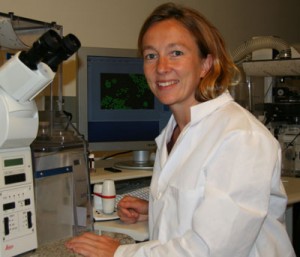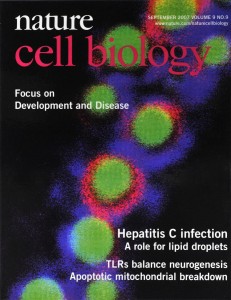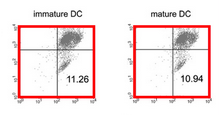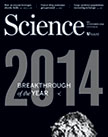
Prominent German diabetes researcher Kathrin Maedler has issued corrections on two papers, and told Retraction Watch she is in the process of defending the data on others.
14 of her papers have been critiqued by PubPeer commenters. The commentary, which spans from her graduate work in 2002 to a 2014 publication in Nature Medicine, includes questions about image manipulation and self-plagiarism.
Laborjournal’s blog (we have a column in their English-language publication) first flagged these suspicions in July 2014, after being approached by pseudonymous Clare Francis.
Here’s a comparison between figures in Maedler’s 2009 PLoS One paper, “Deletion of the Mitochondrial Flavoprotein Apoptosis Inducing Factor (AIF) Induces β-Cell Apoptosis and Impairs β-Cell Mass,” and one she co-authored in 2006 in Diabetes, “Low concentration of interleukin-1beta induces FLICE-inhibitory protein-mediated beta-cell proliferation in human pancreatic islets,” via PubPeer: Continue reading Leading diabetes researcher corrects paper as more than a dozen studies are questioned on PubPeer








